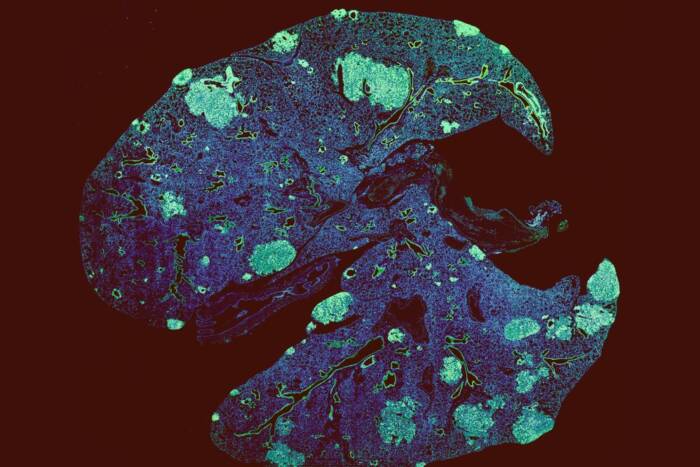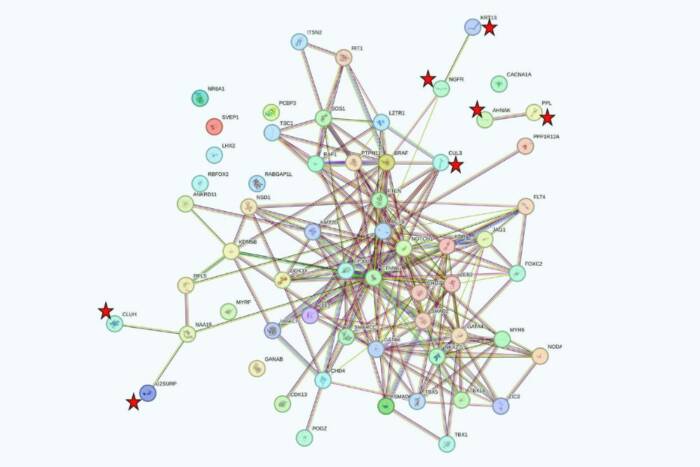Genome Center to operate at Rockefeller in interim
by LESLIE CHURCH
The New York Genome Center (NYGC), the nonprofit institution set to become one of the largest bioinformatics and genomics facilities in North America, is launching its pilot lab operations at The Rockefeller University while a search is conducted for a permanent facility.
Rockefeller, which is one of the Center’s institutional founding members, was chosen as the temporary site because it had modern lab space available that required few modifications to accommodate the scientists and equipment. The center began operating on the east side of Smith Hall’s C floor in June.
“The space in this area of Smith Hall is newly renovated and is suitable for the Genome Center’s needs, and it is not currently being used by the university,” says John Tooze, vice president of scientific and facility operations. “Our agreement to lease them this ready-to-use space is a demonstration of our commitment to this cooperative New York City research initiative and it will allow them to get their lab work under way quickly.”
The Genome Center began processing sequencing requests this spring and is expected to open the doors to its permanent facility early next year. The pilot lab at Rockefeller will enable NYGC to expand its service operations in advance of the opening in 2013.
There will be 8 to 10 sequencing and bioinformatics scientists from the NYGC working in the lab, which can accommodate up to 10 high-throughput sequencing machines and support equipment. The center signed a one-year lease with Rockefeller, with the option to extend if necessary.
The NYGC collaboration will bring scientists and physicians from member institutions together to share diverse clinical and genomic data in order to discover the molecular underpinnings of disease, identify and validate biomarkers, and accelerate development of novel diagnostics and targeted therapeutics to improve clinical care.
In February the center announced a major initiative to sequence whole genomes of Alzheimer’s patients with the goal of understanding the genetic basis of susceptibility to Alzheimer’s disease, a condition about which very little is currently known. Together with the Feinstein Institute for Medical Research, part of founding member North Shore-Long Island Jeweish Health System, the NYGC plans to sequence up to 1,000 genomes over four years.
The NYGC also has begun a project with Jean-Laurent Casanova, head of the St. Giles Laboratory of Human Genetics of Infectious Diseases at Rockefeller, to sequence 1,000 exomes as part of his immune disorder research.


